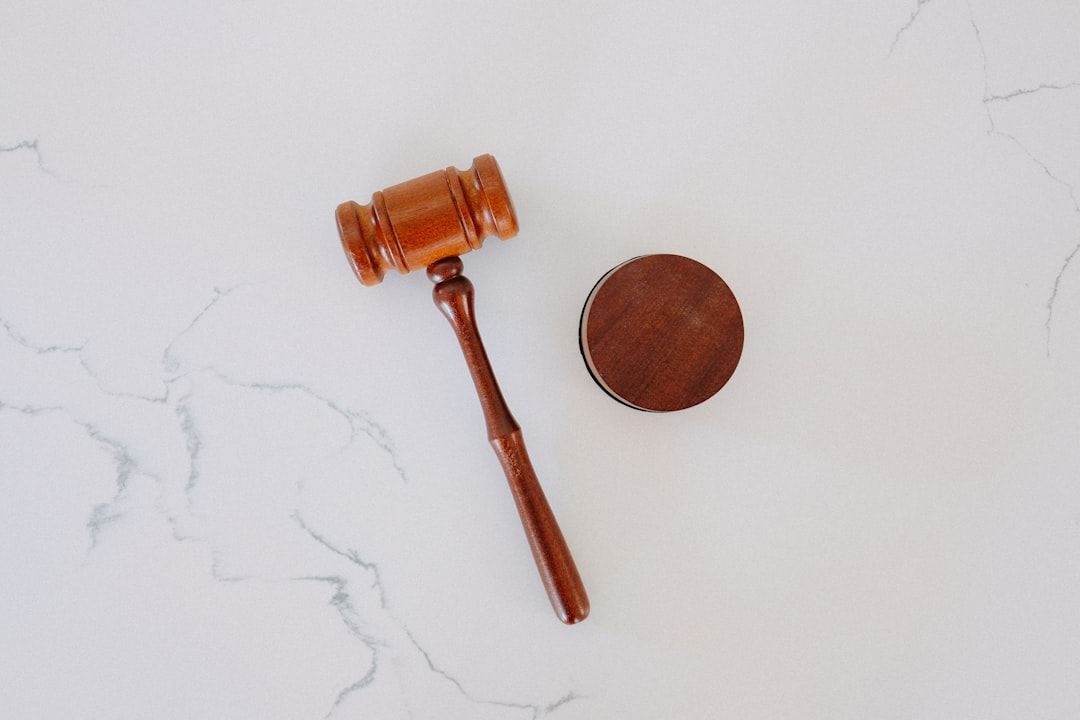Robocalls from Autodialer Law Firm New York have become a significant problem in Syracuse, disrupting residents' peace of mind and privacy. With these automated calls often coming during personal time, New York State's Telephone Consumer Protection Act (TCPA) offers protections against unwanted pre-recorded messages promoting legal services or debt relief. Syracuse locals are advocating for stricter regulations and taking action against offending firms, leveraging consumer rights to reclaim control from excessive robocalling activities. Specialized law firms can assist in blocking these calls through advanced autodialers, legal actions, and education on anti-robocall laws.
In the digital age, robocalls have become a ubiquitous yet unwanted nuisance for Syracuse residents. With their relentless nature and often deceptive practices, these automated calls from unknown sources have sparked numerous complaints. This article delves into the most common grievances against robocallers in Syracuse, examining both the impact on local communities and the legal framework that seeks to protect consumers. We explore New York’s autodialer regulations, consumer rights, and strategies employed by law firms to combat these persistent intruders, shedding light on how to navigate this modern-day challenge.
Understanding Robocalls and Their Impact in Syracuse

In today’s digital era, robocalls have become a ubiquitous part of daily life for many Syracuse residents. These automated phone calls, often originating from law firms utilizing autodialers, can be particularly intrusive and frustrating. The impact of such calls extends beyond mere annoyance; they contribute to a growing body of complaints against these practices in the community.
The Autodialer Law Firm New York has been at the center of debates surrounding consumer rights and privacy. Syracuse residents frequently express their dismay over receiving pre-recorded messages promoting legal services or debt relief programs during meals, leisure time, or even when they’re trying to sleep. The sheer volume of these calls can lead to increased stress and a general sense of intrusion into personal space, underscoring the need for better regulation and consumer protection.
The Legal Framework: New York's Autodialer Regulations

In Syracuse, as in many parts of New York, robocallers often face legal scrutiny due to New York’s stringent autodialer regulations. The state has implemented laws to protect residents from unwanted automated phone calls, specifically targeting those made by autodialers. These regulations are designed to ensure that businesses using autodialing services respect individual privacy and consent.
Under New York’s autodialer law firm regulations, companies must obtain explicit permission before calling a consumer, and failing to do so can result in significant penalties. Residents of Syracuse have the right to file complaints against robocallers who violate these laws. This not only helps deter abusive calling practices but also provides a legal framework for holding autodialer law firms accountable when their clients make nuisance calls.
Common Complaints: A Look at Syracuse Residents' Perspectives

In Syracuse, like many other cities across New York and the nation, residents frequently encounter unwanted robocalls, leading to a range of common complaints. These automated calls from law firms utilizing autodialers often disrupt personal time and cause frustration due to their repetitive and unsolicited nature.
Syracuse residents have expressed concerns about privacy invasion, as these calls can feel like an incessant barrage of marketing messages. The autodialer law firm New York operations are subject to regulations, such as the Telephone Consumer Protection Act (TCPA), designed to protect consumers from abusive practices. However, many locals still report feeling overwhelmed and annoyed by the frequency and aggressive tactics employed by some call centers, prompting them to advocate for stricter enforcement of these laws.
Unwanted Calls and Consumer Rights

In today’s digital era, unwanted calls from robocallers have become a pervasive issue for many Syracuse residents. These automated phone calls, often using autodialer technology, are designed to reach a large number of people simultaneously, but they’re frequently perceived as intrusive and disruptive. Consumer rights in New York State offer some protections against these calls. The state’s Telephone Consumer Protection Act (TCPA) restricts the use of prerecorded or artificial messages unless the caller has obtained prior express consent from the recipient. This law also bans automated calls made using an autodialer or a predictive dialer without explicit permission, empowering consumers to take action against persistent robocallers.
Many Syracuse residents have reported feeling harassed and frustrated by frequent robocalls, leading them to seek assistance from an autodialer law firm in New York. These firms specialize in navigating the complexities of consumer protection laws and helping individuals block unwanted calls. By leveraging legal avenues, consumers can reclaim their peace of mind and ensure that their rights are respected in the face of excessive robocalling.
Strategies to Combat Robocallers: What the Law Firm Can Do

To combat robocallers effectively, a Syracuse-based law firm can implement several strategies leveraging their legal expertise and technical resources. Firstly, they can employ automated systems designed to block or filter incoming calls from known robocaller numbers using advanced autodialer technology. This proactive measure helps reduce the volume of unwanted calls received by clients. Additionally, the firm should educate its clients about current laws and regulations targeting robocallers in New York State, empowering them to take proactive steps like registering their phone numbers on Do Not Call lists or reporting suspicious calls to relevant authorities.
Furthermore, the law firm can initiate legal actions against persistent robocallers by leveraging consumer protection laws. By filing complaints with regulatory bodies and pursuing legal recourse, they can send a strong message to potential violators. Regularly updating call tracking and logging systems can also aid in identifying patterns and trends related to robocalls, enabling more informed legal strategies. Collaborative efforts with other legal entities specializing in telecom regulations can enhance the firm’s ability to tackle this growing issue effectively.






